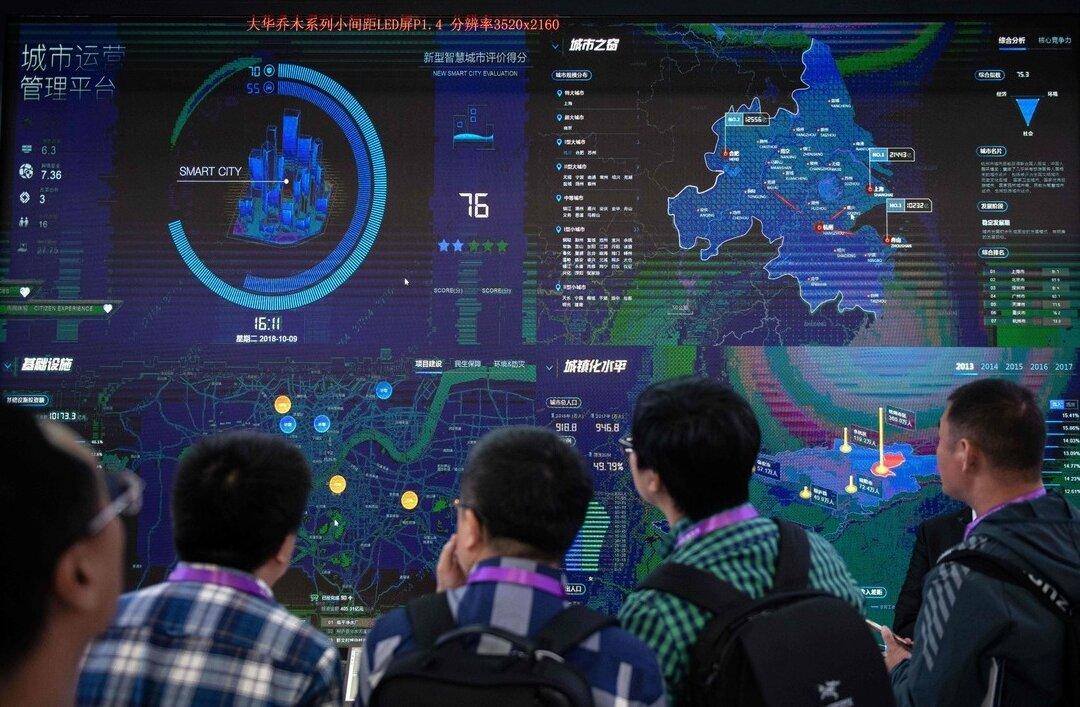The rapid evolution of artificial intelligence (AI) technologies poses a challenge to international security and could be used by third-party actors to push nuclear rivals into catastrophic conflict, according to one expert.
“AI-powered technology is rapidly becoming another capability in the toolkit of third-party actors to wage campaigns of disinformation and deception, which both sides in a competitive dyad, [such as] the U.S. and China, may have used against them,” said James Johnson, a lecturer in strategic studies at Aberdeen University.




